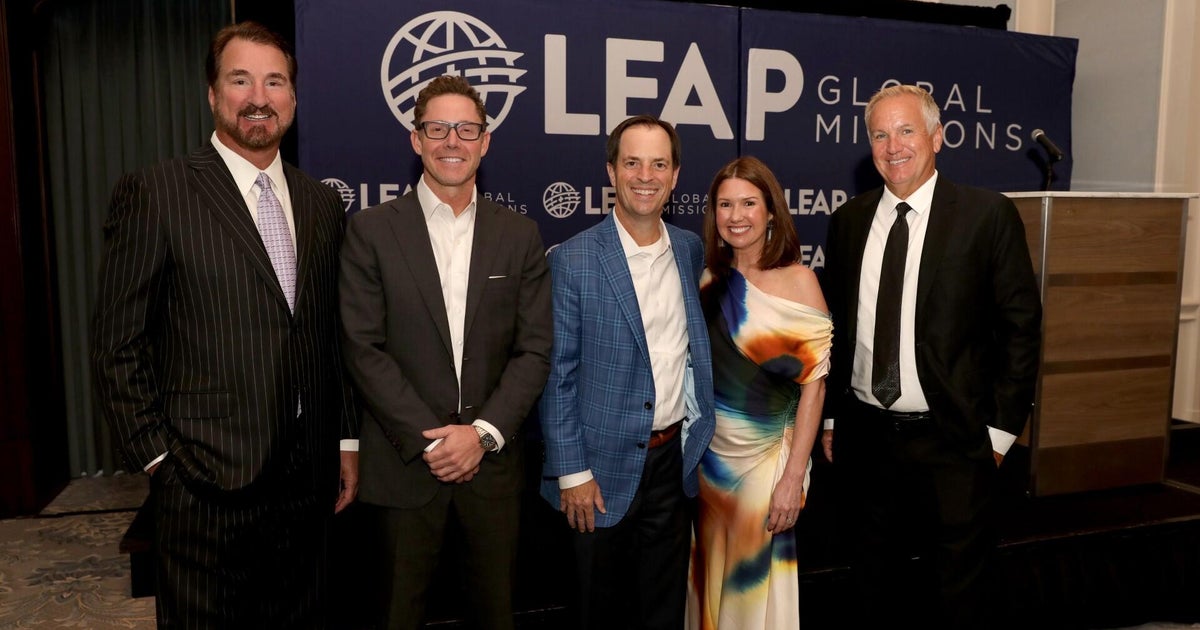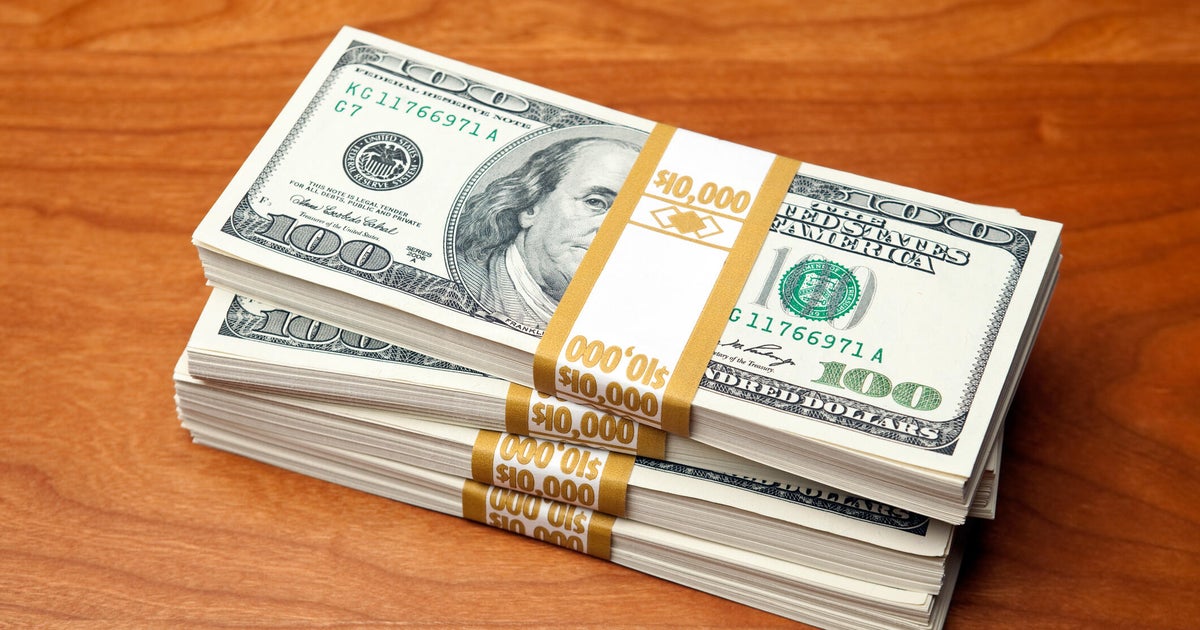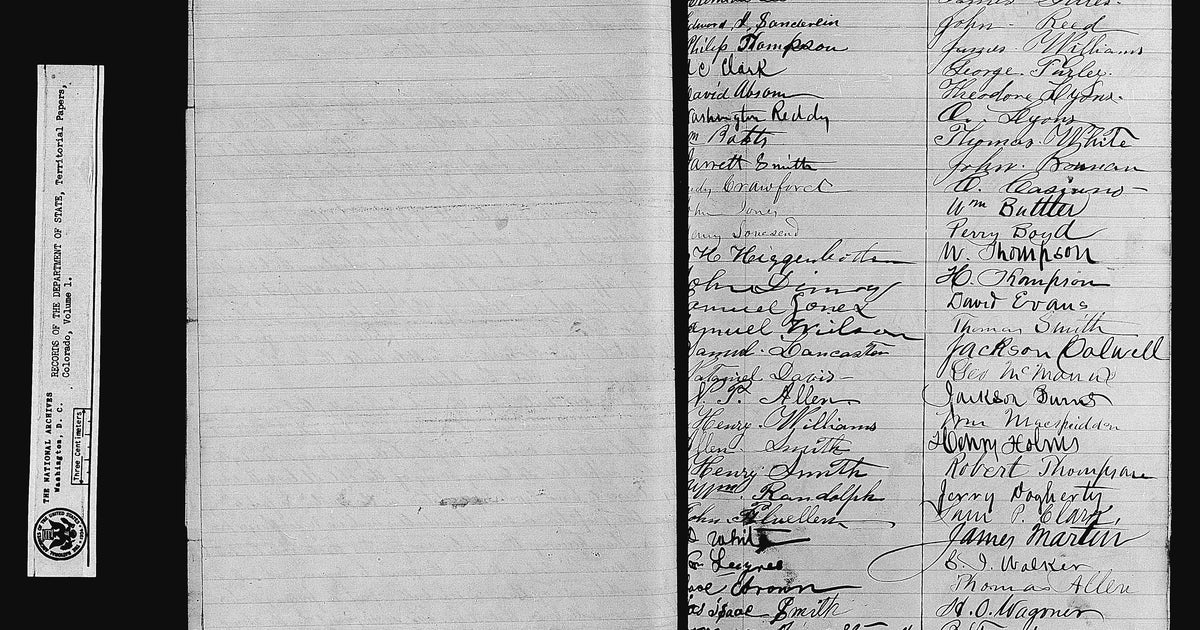Exxon shareholders crank up the pressure about climate change
DALLAS - Disregarding the company's opposition, Exxon Mobil (XOM) shareholders asked the oil giant to provide more information about the impact that climate-change policies could have on its business.
The measure was approved Wednesday by investors holding 62 percent of Exxon shares. A similar proposal earned 38 percent approval a year ago.
The vote was a defeat for Exxon and a victory for environmentalists and large shareholders, who worry about how Exxon will respond to measures aimed at limiting climate, such as reducing demand for fuels that produce heat-trapping emissions when burned.
The vote at the largest U.S. oil company was nonbinding. Darren Woods, presiding over his first annual meeting since becoming CEO in January, could not say what the company's board will do next.
"We take the vote seriously," Woods said. "We are going to respond to that feedback."
Woods seemed to believe Exxon had done enough to fend off Wednesday's defeat. The company and Woods personally have endorsed the Paris agreement on climate change. Exxon gave a board seat to a climate scientist. The company is working with dozens of universities on research into biofuels and other subjects.
"We felt we were addressing the needs and the requests and concerns of shareholders and the broader public," Woods said.
But backers of Wednesday's resolution, including the Church of England's endowment, said the company had resisted meaningful disclosure about the risks to its business. They hailed the vote as a breakthrough.
New York state comptroller Thomas DiNapoli called it "an unprecedented victory" and a step toward a low-carbon economy. He said climate change was a risk for Exxon's core business, "and the burden is now on the company to show that it is responsive to shareholder concerns."
The resolution submitted by the New York state retirement fund asked the company to analyze the impacts on Exxon's oil and gas reserves and resources if fuel demand drops because of policies aimed at limiting the increase in global temperatures to 2 degrees centigrade above preindustrial levels. That's the target envisioned by the Paris agreement, which Woods again endorsed on Wednesday just as reports said President Donald Trump has decided to withdraw the U.S. from the accord.
Woods said Exxon believes the risks related to climate change "are serious and warrant action, thoughtful action." But he suggested that the company is already doing enough to protect shareholders by, among other things, assuming a "proxy cost of carbon" when predicting energy demand and planning new projects.
"Our outlook assumes increasingly stringent climate policy," Woods said. "At the same time, it assumes growing energy demand through 2040 including substantial demand for oil and gas. ... We are confident in the commercial viability of our portfolio."
Exxon didn't disclose the votes of individual shareholders, but both sides had targeted major institutional investors including BlackRock (BLK), Vanguard and Fidelity.
Eight other board-opposed resolutions were defeated, although four of them got at least 38 percent support, including one that asked Exxon to describe what it does to prevent methane emissions from hydraulic fracturing, or fracking, during well drilling.
Wednesday's meeting was the first since Woods became CEO, replacing Rex Tillerson, who moved up his retirement date after being picked to become Trump's secretary of state.
Tillerson set a different tone at Exxon by endorsing a carbon tax, supporting the Paris climate agreement and calling climate change a serious risk. But environmentalists have attacked Exxon for funding groups that try to discredit and dismiss climate science. New York and Massachusetts officials are investigating whether Exxon misled investors about the risks the company faces from tougher regulation of carbon emissions.
Low crude prices have taken a toll on Exxon profit, which fell from $32.5 billion in 2014 to $16.2 billion in 2015 to $7.8 billion in 2016. With cash declining and debt rising, Exxon lost its sterling AAA credit rating last year.
Shares of Irving, Texas-based Exxon Mobil rose 16 percent in 2016 but have dropped 10 percent since the start of this year. They fell 60 cents to $80.50 Wednesday.



